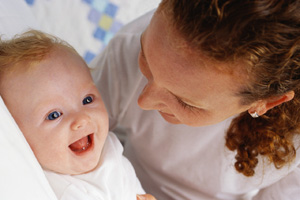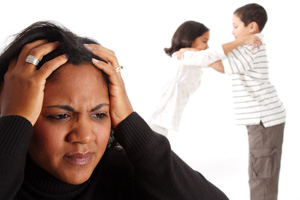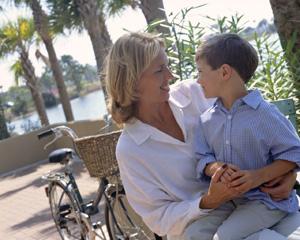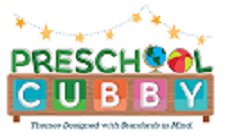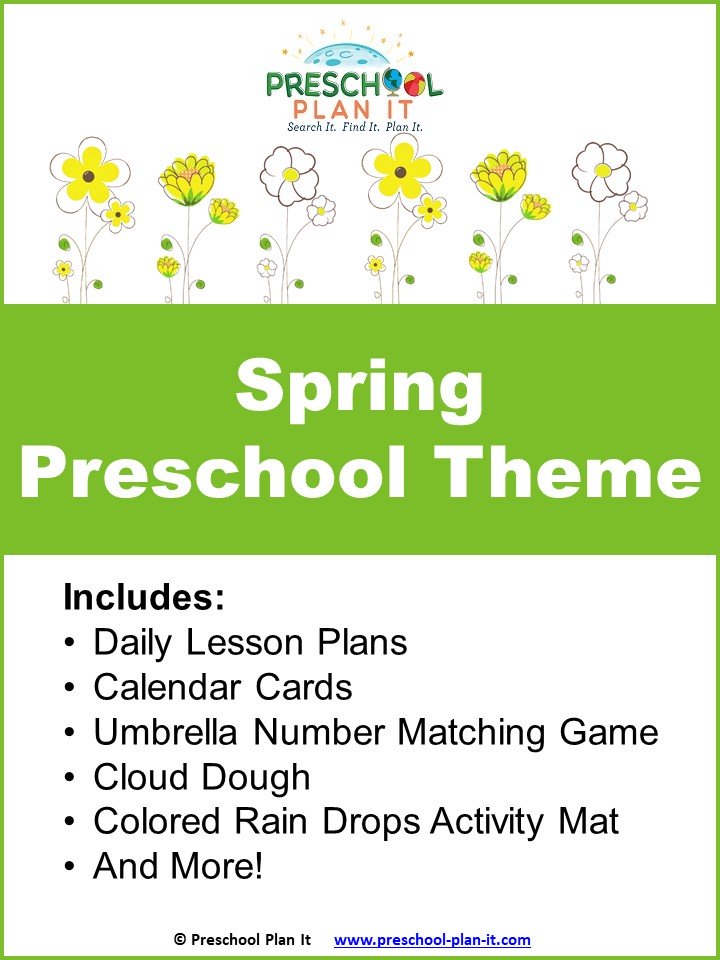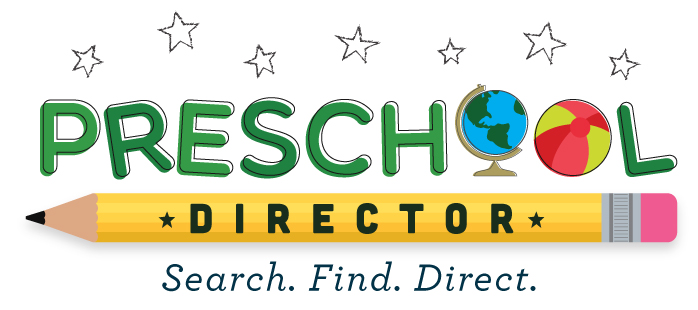Emotional Development
In Early Childhood
Here's how to help foster emotional development in the early childhood years. Preschool children learn everyday about their emotions.
The emotional development of children has become more important in early childhood classrooms than ever before. It has been proven that children who have developed appropriate emotional skills are less likely to go to jail, will be more likely to be employed and will have better relationships with other people.
Of course emotional and social development go hand in hand. The social skills necessary for success in relationships will be the result of appropriate emotional development.
A baby will bond with the parent or caregiver when the child feels safe and secure and cared for. If the parent/caregiver is unable to be nurturing and responsive to the child (for whatever reason) the child is not likely to develop appropriate emotional skills. Nurturing interactions are important in all areas of development but especially the development of emotional skills.
I love watching adults around the twin baby girls in my family. They hold the girls and talk to them and the girls snuggle and coo. They also begin to rely on the adults around them to be nurturing. They know that they can trust adults to take care of them. Infants develop the ability to trust early on, or mistrust if that is the case.
In addition to nurturing relationships the child also needs a good role model. Have you ever heard the old saying, "Don't do as I do. Do as I say." You have probably heard also, "What you do speaks louder than what you say." This is especially true when it comes to expressing your emotions.
Children are most likely to copy what they see. If an adult gets angry and throws things, how can the child know anything else? If brothers and sisters are constantly pounding on each other, how can the young child know anything else? If there is violence in the home how can this young vulnerable child be expected to handle his emotions in any other way?
I had a friend who spanked her little boy fairly often. One day when she was spanking him she was loudly saying to him, "Don't..... be.... so.... violent!" What kind of a mixed message is that? She never spanked him again after that. Whatever your views on corporal punishment are, the experts all agree that if you chose to spank, it should never be done in anger.
When any of us react inappropriately to stress and anger we know it is an outlet for our own emotions. We might like to think that losing our cool somehow teaches the child something. Actually it does! But I don't think it teaches him the lesson we want him to have. There are much better ways to teach appropriate emotional skills.
Emotional Development Philosphies at Home
Early in my career I remember having a similar discussion with a grandmother who was raising her four year old grandson while his father served time in prison. During conferences I told this grandmother how we were teaching David how to handle his emotions using words. The nice lady seemed upset about that and she told me that if David didn't fight back at school he would get a "Whupping when he got home." I often wondered if she raised her son and grandson using a similar philosophy.
I have often worked with children who had a high level of emotional development. They could express emotions in words and were even able to control their emotions no matter how intense the emotion might be. Even more amazing was the fact that these children could recognize other people's emotions.
For example, I have heard children say such things as, "She is sad because her mommy left." In my job I had lots of opportunities to spend time with the parents as well as the children. I couldn't help but notice how these parents treated their children with love and respect. The actions of the children reflected the actions of the parents.
Teachers and parents have an obligation to intentionally teach children skills to enhance their emotional development. Some children need help recognizing their own emotions and naming them. They need to know how their stomach feels when they are upset. They need to know when their bodies are tensing up, etc.
Then they need to know how to handle these intense emotions. Give them some tools they can use and encourage them to use those tools. Take three deep breaths. Figure out what the problem is and come up with solutions. Then try the solutions. Of course it helps if the adult models these strategies whenever the occasion arises.
You can also teach children to notice the emotions other people may be feeling and react to those emotions appropriately. Use situations that happen throughout the day to point out how people look when they are experiencing various emotions.
Point out that Elmer is angry right now. "See how his fist is clenched and his mouth is tight?" "Jimmy is sad that he can't play in the water table because it is not his turn yet." "See how his shoulders are slumped and his mouth is turned down."
Use the illustrations in books to point out how people look when experiencing a variety of emotions. "How do you think the Three Bears feel? How can you tell?" "What happened to make them feel that way?"
One way children will learn empathy is by watching adults and other children model it. When you are involved in an act of kindness include the child. For instance, "Let's take daddy a bottle of water. He must be hot working outside." Or "Look Susie fell down. Let's get her some ice for her head. Maybe that will make her feel better."
Modeling appropriate skills for handling emotions will teach more than words can teach. Being aware of your child's emotions, expressing empathy for your child and helping him deal with his emotions in healthy ways will help his appropriate emotional development. Children who have good skills for handling emotions are better prepared to succeed in school and later in life.
Go to the Early Childhood Development Main Page
Go to Preschool Professor's HOME Page
